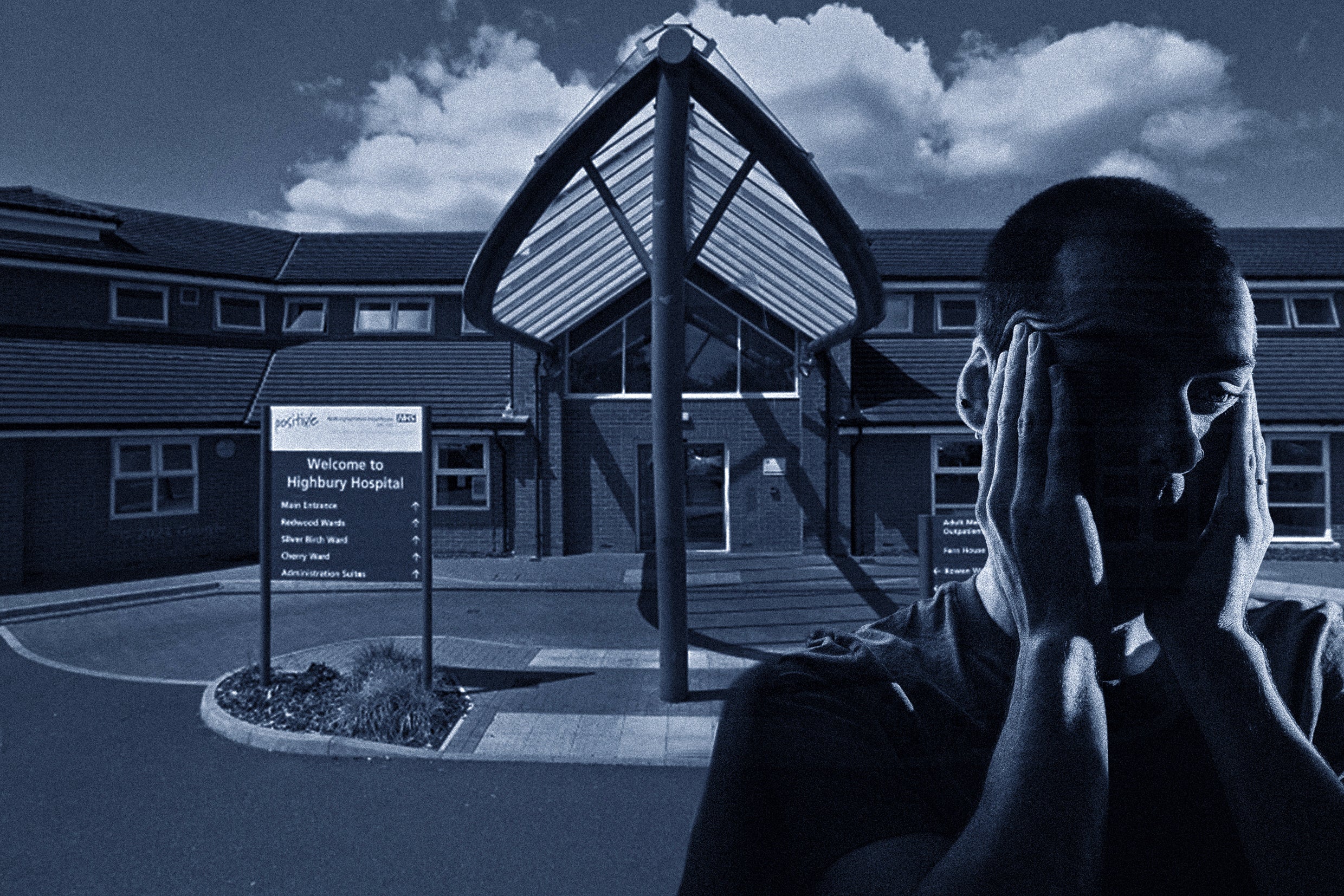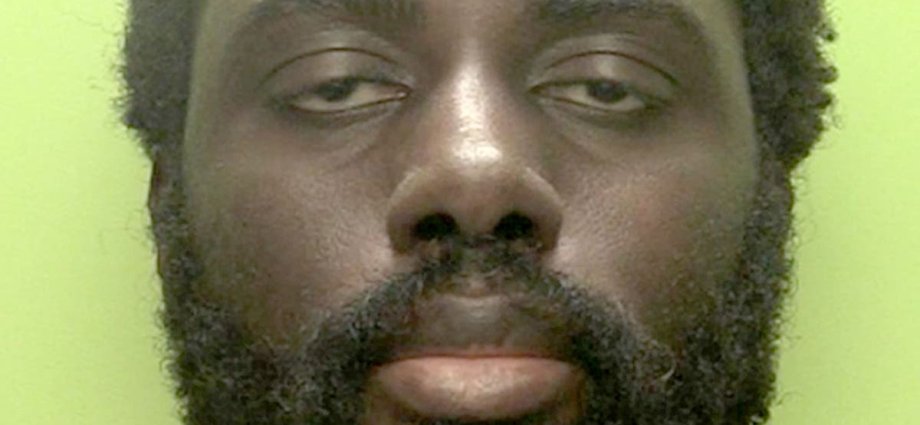A man who went on to kill three people grew more violent as mental health services failed to ensure he took medication for his psychosis, a damning report has revealed.
Valdo Calocane stabbed to death students Barnaby Webber and Grace O’Malley-Kumar, both 19, as they returned from a night out last June, before killing Ian Coates, 65. He pleaded guilty this year to manslaughter on the grounds of diminished responsibility.
The final part of a Care Quality Commission (CQC) review into the care of Calocane by Nottinghamshire Healthcare NHS Foundation Trust (NHFT) found risk assessments played down his refusal to take his medication and his persistent symptoms of psychosis.
The Department for Health and Social Care confirmed the government will launch a judge-led inquiry into failings in the lead-up to the killings.

Calocane’s victims’ families said in a statement that the NHS trust and individual health professionals “have blood on their hands” after the report laid out “gross, systematic failures”.
“Clinicians involved at every stage of Calocane’s care must bear a heavy burden of responsibility for their failures and poor decision-making,” they said.
“Sadly, this is the first of what we expect to be a series of damning reports concerning failures by public bodies in the lead up to the killings of our loved ones, and beyond. We were failed by multiple organisations pre and post, 13 June 2023.”
They added: “Alarmingly, there seems to be little or no accountability amongst the senior management team within the mental health trust. We question how and why these people are still in position.”
Shortly before the killings, Calocane was a patient under Nottinghamshire Healthcare’s community services but was discharged to his GP.
An earlier report by the CQC into Nottinghamshire Healthcare’s failings, launched by former health secretary Victoria Atkins, warned the trust was discharging patients in a worse mental health state than when they were admitted.
The second stage report now reveals the specific failings by the NHS provider in treating Calocane, including in its communications with his family, who raised concerns about his mental state.
The CQC said Calocane’s records make it clear he was “acutely unwell” throughout the two years he was under the care of NHFT.

Calocane was psychotic and suffering from paranoid delusions before eventually being diagnosed with paranoid schizophrenia in July 2020.
Between May 2020 and February 2022, eight risk assessments were completed by the trust, which the CQC said appear to have been carried out for each of his four admissions to hospital and updated at other times.
The regulator said that while some risks were highlighted, other assessments “minimised or omitted key details”.
These include the fact that Calocane refused to take his medication, had ongoing and persistent symptoms of psychosis, was violent to others when psychosis was not managed well, and escalated his violent behaviour in the later stages of his care.
Chris Dzikiti, interim chief inspector of healthcare at the CQC, said: “This review identifies points where poor decision-making, omissions and errors of judgments contributed to a situation where a patient with very serious mental health issues did not receive the support and follow-up he needed.
“While it is not possible to say that the devastating events of 13 June 2023 would not have taken place had Valdo Calocane received that support, what is clear is that the risk he presented to the public was not managed well and that opportunities to mitigate that risk were missed.”
The CQC said Calocane had little understanding or acceptance of his condition, which could have significantly impaired his ability to weigh up the pros and cons of antipsychotic treatment and the risks of discontinuing it.
The review found the trust failed to use powers under section 3 of the Mental Health Act – which would have given doctors the power to administer drugs against his will – on his fourth admission to hospital in January 2022.
Instead, he was treated under section 2 of the act, which is usually for patients who are not known to mental health services.
Among its recommendations, the CQC said NHFT should review treatment plans for people with schizophrenia regularly, as well as ensuring clinical supervision of decisions to detain people under section 2 and 3 of the Mental Health Act.
It called for NHS England to publish guidance setting out national standards for care for people with complex psychosis and paranoid schizophrenia in the next 12 months.
An NHFT spokesperson said: “We acknowledge and accept the conclusions of this report and have significantly improved processes and standards since the review was carried out.”
Claire Murdoch CBE, national director for mental health at NHS England, said: “The CQC have identified unacceptable failings in the care and treatment provided to Valdo Calocane.
“We will continue to support Nottinghamshire Healthcare NHS Foundation Trust through our highest level of oversight and support programme which has already seen them implement a new approach to supporting patients who struggle to engage with services, and they are overhauling their risk management processes.”
The report comes after his mother Celeste and brother Elias told the BBC’s Panorama programme a psychiatrist warned Calocane could “end up killing someone” three years before the attacks.











